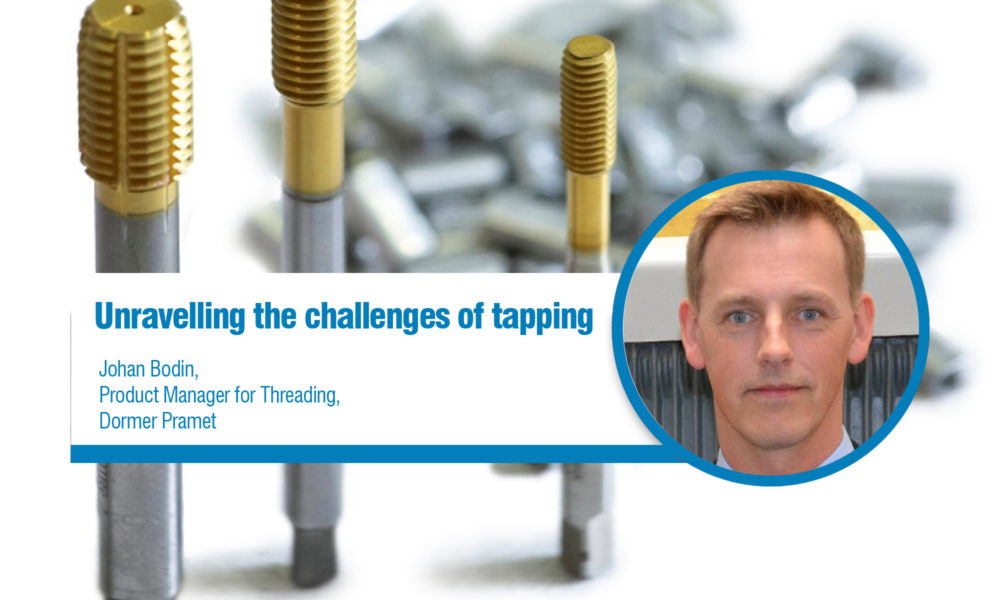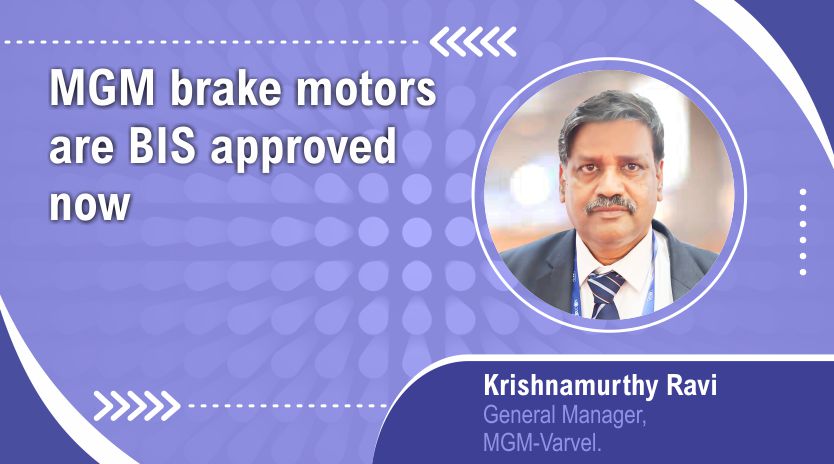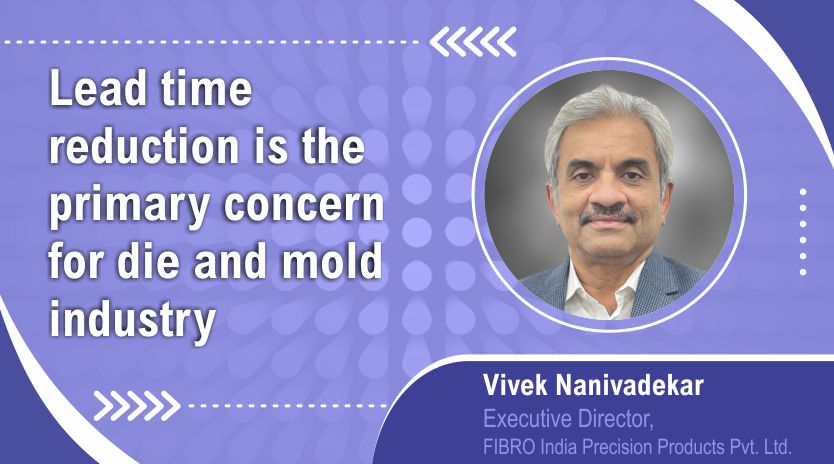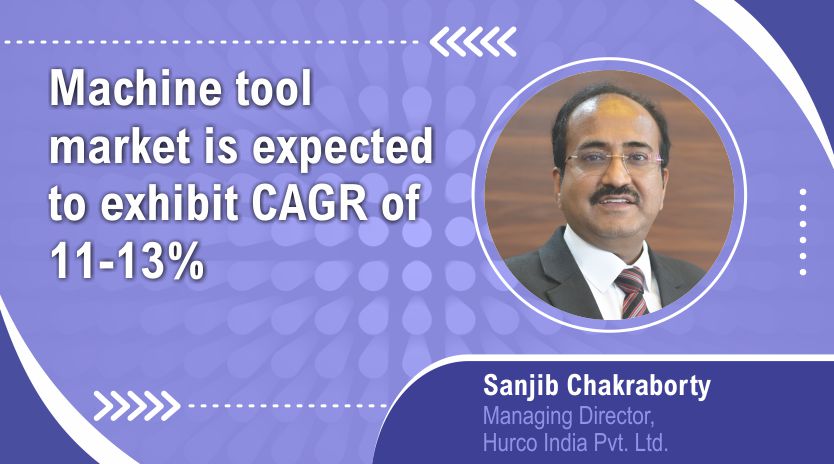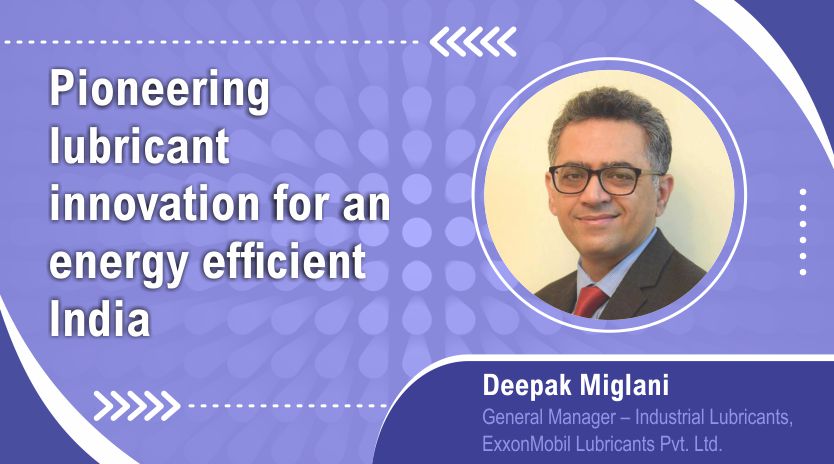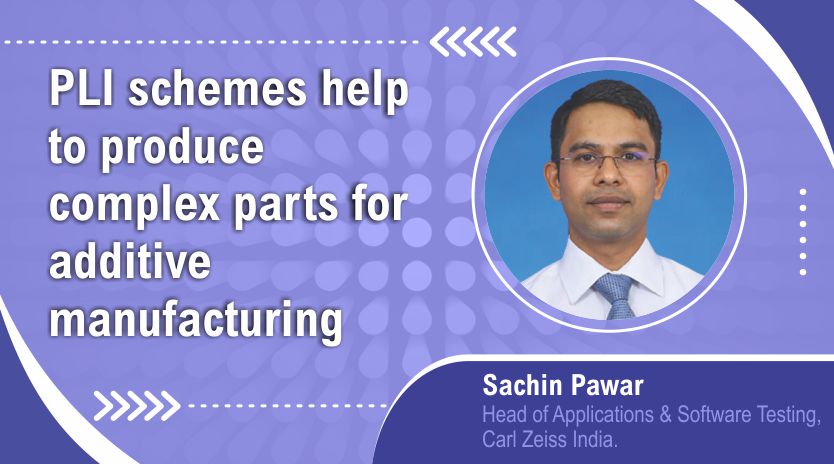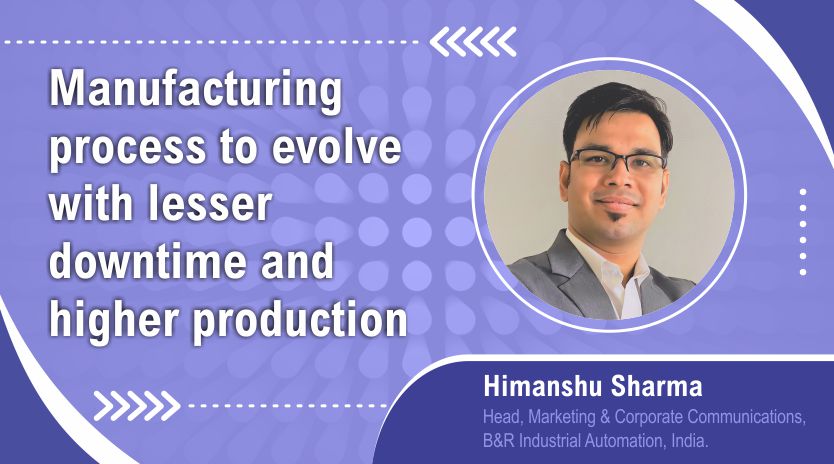Unravelling the challenges of tapping
By OEM Update Editorial May 10, 2019 3:04 pm IST
Johan Bodin, Product Manager for Threading, Dormer Pramet shares the company’s solid taps programme, key challenges faced by machinists, and the options available to end users.
What is tapping and what are the different tap designs?
Tapping is one of the most demanding and problematic machining applications. Threads are usually made in the last stage of the manufacturing process and therefore, it is the operator’s job to make sure the process is secure and finished correctly. The thread quality and tolerance should be constant to ensure tool life is at its maximum with preferably no interruptions.
There are several tap designs in which the most commonly used is the straight flute. This design is suitable for blind or through-hole thread production in most materials, especially steel and cast iron. Spiral point taps are recommended for threading through holes as they feature a straight, shallow flute with a point designed to drive the swarf forward.
Finally, spiral flute taps transport swarf back out of the hole, away from the work-piece material and therefore, are primarily used for threading blind holes. A less common, but still an important part of our threading programmes are fluteless taps and thread milling cutters.
What are the different base materials in the taps you offer?
Our broad range of high speed steel (HSS) taps and dies support a variety of general purpose applications for use by hand or machine. All common thread forms are available in straight flute, spiral point and spiral flute designs.
Also, our popular Shark Line programme of material-specific taps is manufactured from powder metallurgy cobalt steel (HSS-E-PM). This offers optimised geometries for high performance threading in stainless steel, steel, cast iron and non-ferrous material.
Solid carbide taps provide the highest rates of productivity in hard and abrasive materials up to 63 HRC. Their highly stable design means low risk of tap breakage and optimum process security. Available in a variety of styles including straight flute, spiral flute and fluteless, with internal coolant options for optimum chip evacuation when threading short-chipping materials.”
What are forming taps?Forming taps produce a thread by deformation of the component material rather than the traditional cutting action. This means no swarf is produced and the resultant thread is stronger. Also known as roll form or fluteless, the same tap can be used to create blind and through holes in most material types, including steels up to 1200 N/mm². This makes them extremely versatile.
An important benefit of forming taps is that their highly stable design means less risk of breakage and greater dimensional accuracy. This is critical in applications where a reliable and dependable option is required.
The chamfer design determines the threading depth and type of machining. Standard forming taps with a chamfer form C, are universal for semi-bottoming below 3xD. A chamfer form E has a lead of 1.5-2mm times the pitch, which is the closest for what is called full-bottoming.
Forming taps with through coolant, radial outlets and oil grooves further support tool-life and process security. The lubricant is being delivered precisely at the point where the forces and friction is the highest.
Why is thread milling part of the taps programme?
Thread milling is classified within our taps programme as they provide a highly accurate, larger diameter threading option on CNC machines. Dormer Pramet’s assortment covers M, MF, UNC, UNF, G & NPT thread forms. All provide a high level of security, stability and surface finish. Extremely versatile, the same cutter can be used in almost all workpiece materials including hardened steels, stainless steels and difficult to machine alloys.
“Shark Line programme of material-specific taps optimise geometries for high performance threading in stainless steel, steel, cast iron, and non-ferrous material”
Johan Bodin, Product Manager for Threading, Dormer Pramet
Cookie Consent
We use cookies to personalize your experience. By continuing to visit this website you agree to our Terms & Conditions, Privacy Policy and Cookie Policy.



